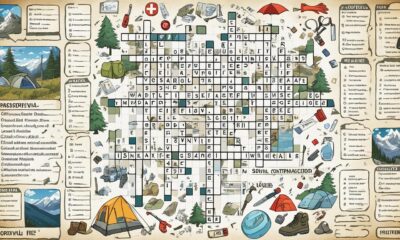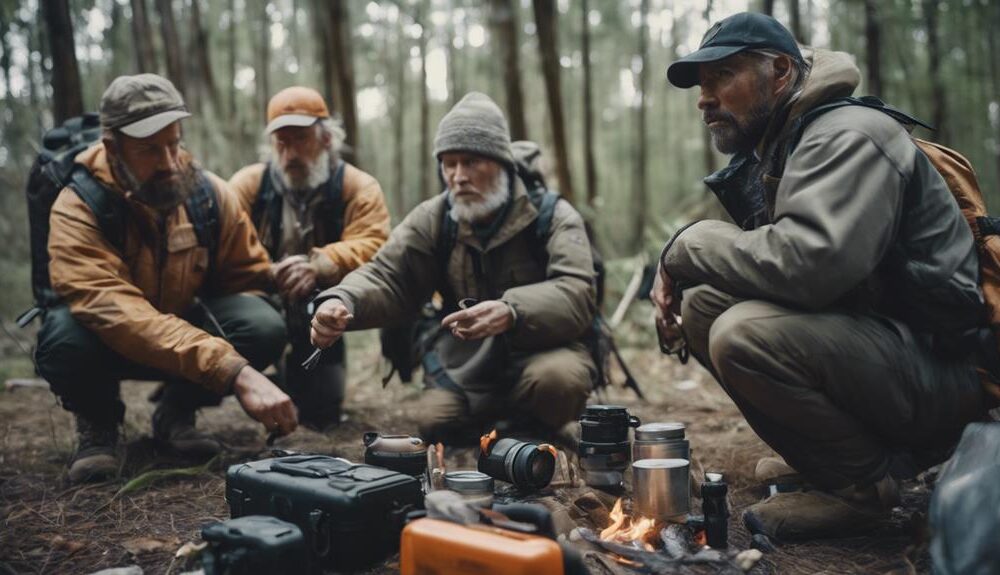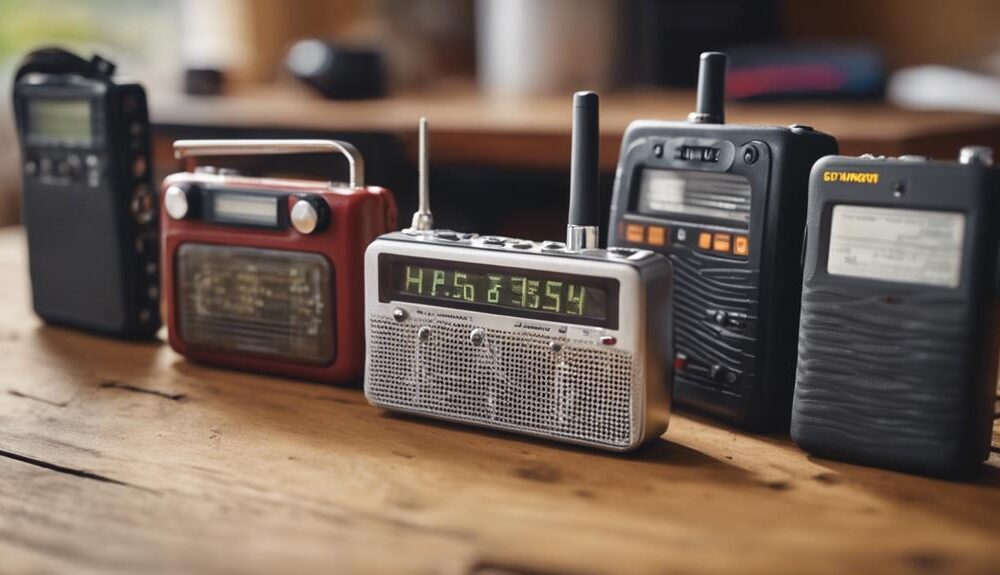






















Discover top preppers YouTube channels with expert advice on survival skills, gear reviews, and practical preparedness - your ultimate guide to prepping!



Be ready for any crisis with the ultimate Preppers Guide PDF – discover essential survival strategies that could save your life!



Just when you thought you were ready for anything, our Preppers Survival Guide will show you what you might have missed.



Hone your survival skills, connect with experts, and discover essential gear at the Preppers Convention - where preparation meets passion.



Want to be ready for anything?



Looking for the best radios for preppers to stay connected in emergencies?



Prepare for any emergency with a preppers first aid kit packed with essential medical supplies - find out what you need to survive!



Find out why blending faith and preparedness is wise for Christians, offering guidance for uncertain times and fostering communal unity.



Nurture your survival skills at the Preppers Expo, where experts and interactive workshops await - are you ready for the ultimate adventure?



Open your eyes to urban survival tips on the East Coast and discover essential strategies for staying prepared in city environments!